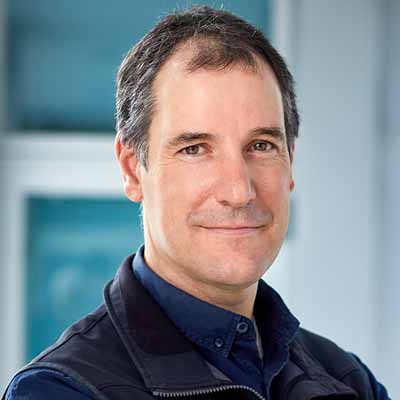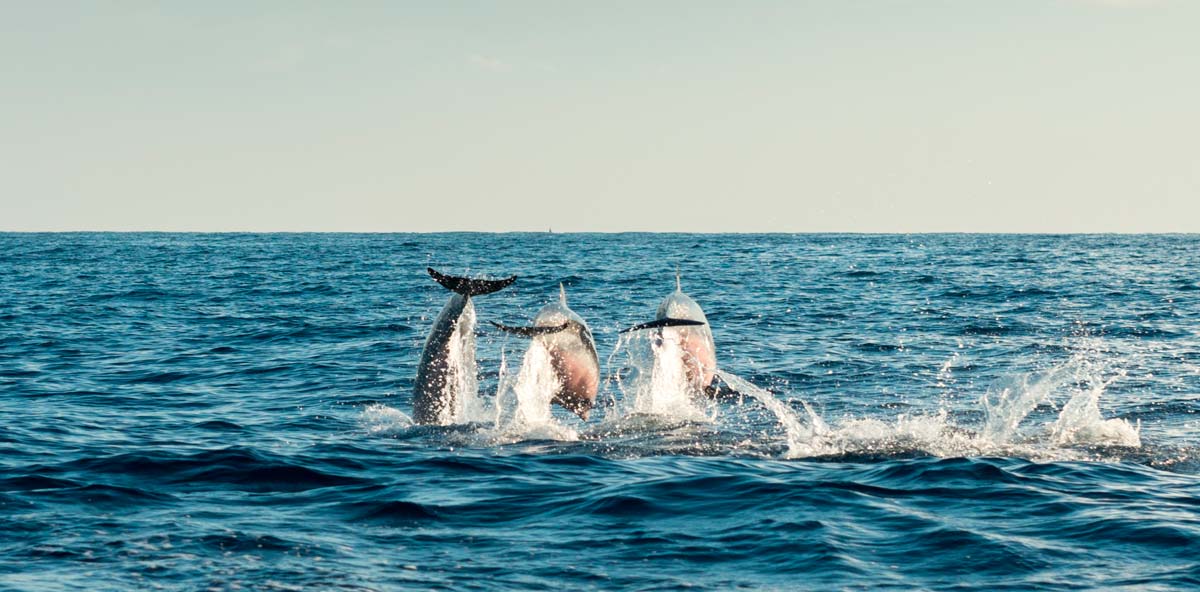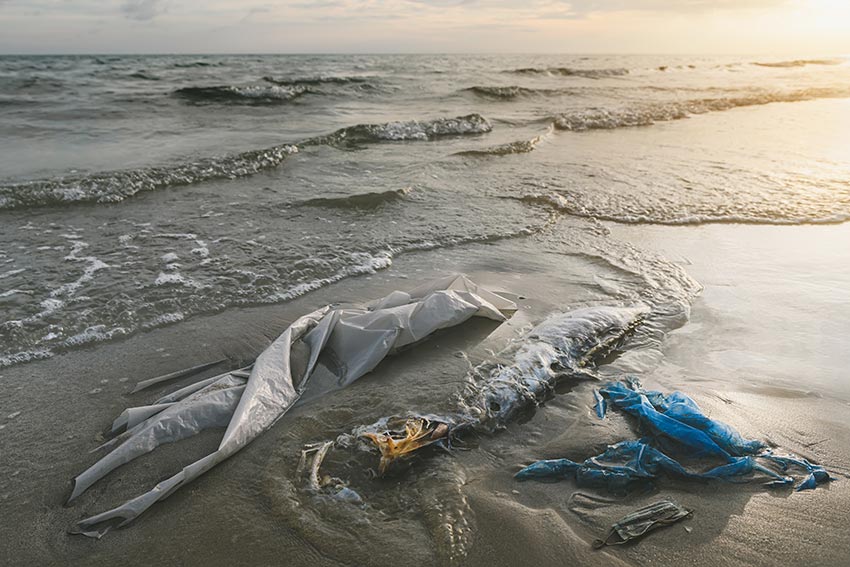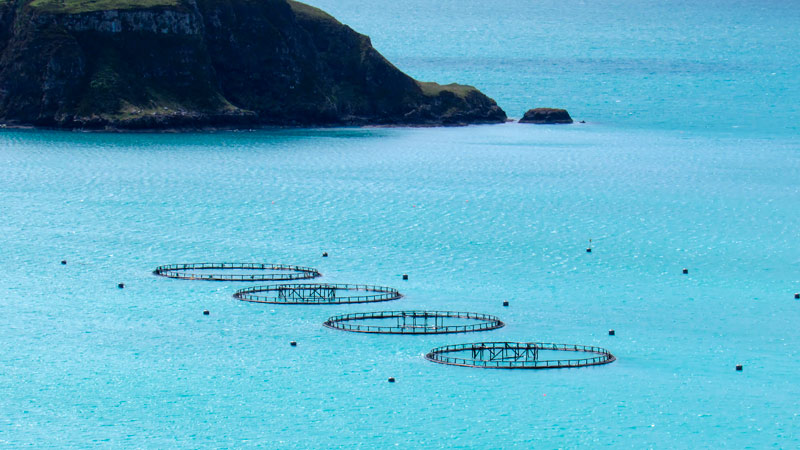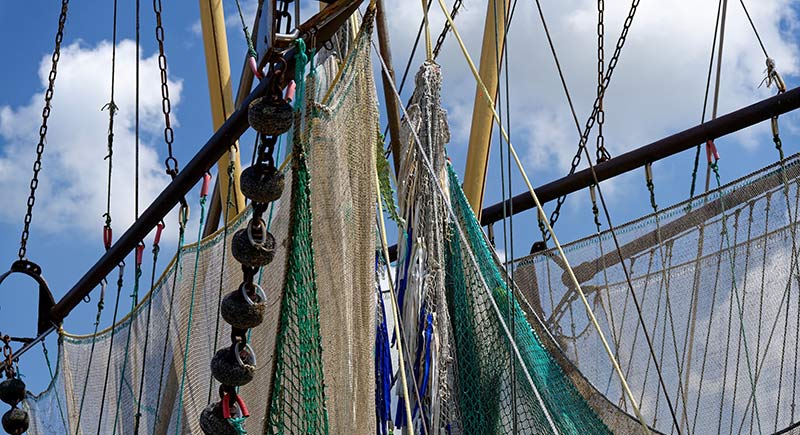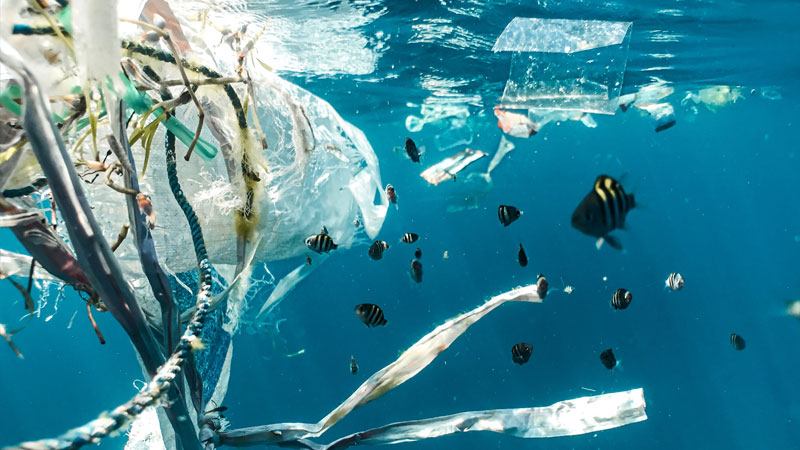WESE
Wave Energy in Southern Europe
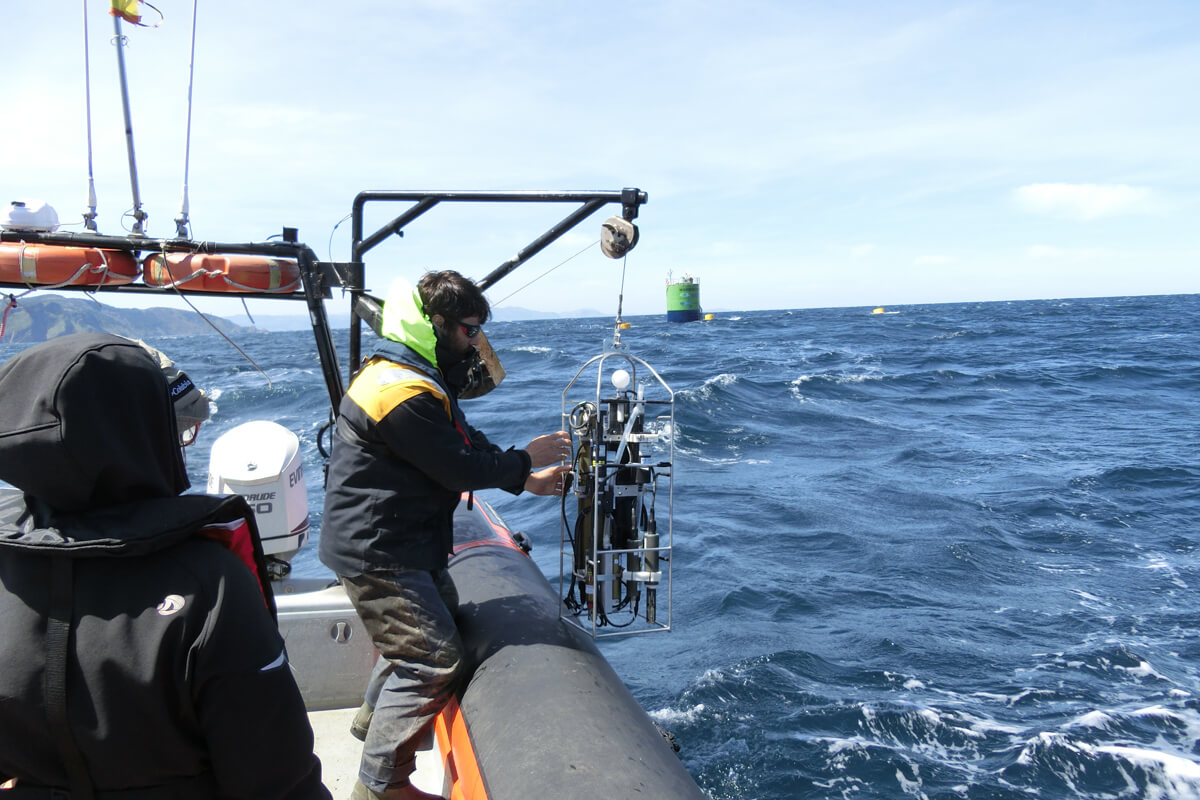
The Atlantic seaboard offers a vast marine renewable energy (MRE) resource which is still far from being exploited. These resources include offshore wind, wave and tidal. This industrial activity holds considerable potential for enhancing the diversity of energy sources, reducing greenhouse gas emissions and stimulating and diversifying the economies of coastal communities. Therefore, the ocean energy development is one of the main pillars of the EU Blue Growth strategy.
While the technological development of devices is growing fast, their potential environmental effects are not well-known. In a new industry like MRE and Wave Energy (WE) in particular, there may be interactions between devices and marine organisms or habitats that regulators or stakeholders perceive as risky. This context present challenges to permitting/consenting of commercial-scale development. Time-consuming procedures linked to uncertainty about project environmental impacts, the need to consult with numerous stakeholders and potential conflicts with other marine users appear to be the main obstacles to consenting WE projects. These are considered as non-technological barriers that could hinder the future development of WE in EU and Spain and Portugal in particular were, for instance, consenting approaches remain fragmented and sequential.
Objectives
The aim of the project consists on overcoming these non-technological barriers through the following specific objectives:
- Development of environmental monitoring around wave energy converters operating at sea, to analyse, share and improve the knowledge of environmental impacts of these technologies and consequently a better knowledge of real risks;
- Improve existing modelling tools and contribute to the overall understanding of potential cumulative pressures and impacts of future larger scale wave energy deployments;
- Development of efficient guidance for wave energy planning and consenting procedures in Spain and Portugal to better inform decision-makers and managers on environmental real risks and reduce environmental consenting uncertainty introducing the risk-based approach;
- Development and implementation of innovative maritime spatial planning (MSP) Decision Support Tools (DSTs) for Portugal and Spain for site selection of WE project to support decision makers and developers during the licensing process;
- Development of a Data Sharing Platform that will serve data providers, developers and regulators.
Results
Project Data
| Duración |
2018-2021 |
| Partners |
The WESE Consortium, led by AZTI, includes a multidisciplinary team of partners bringing together technology device developers, Environmental Impact Assessment consultants, academic experts and data managers, aiming to involve the wider community of ocean energy key stakeholders from across Portugal and Spain. |
| Funding |
Project co-funded by the European Maritime and Fisheries Fund (EMFF) of the European Union. |
| Length |
2018-2021 |
| Further information |

